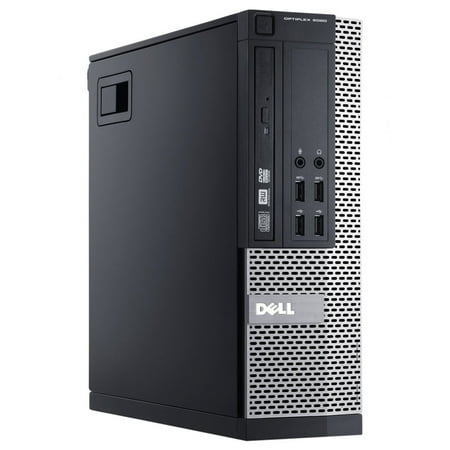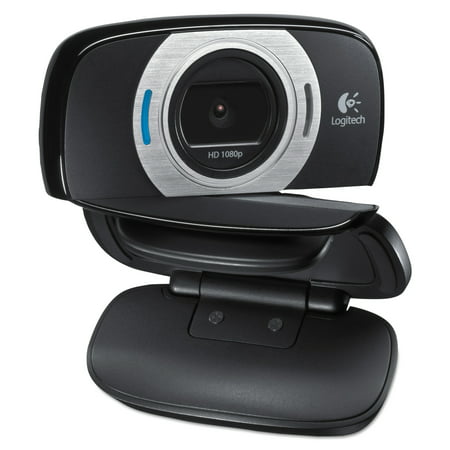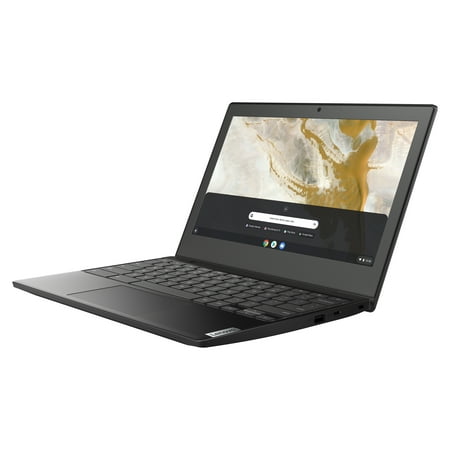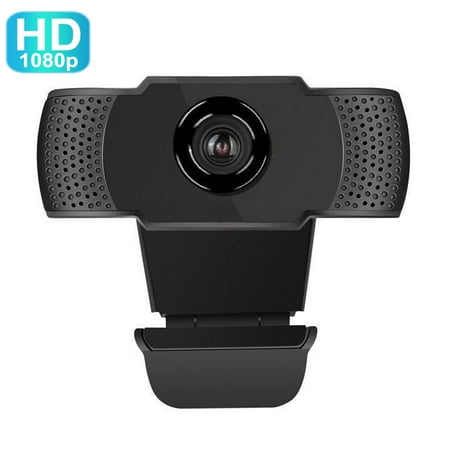Inspiron 3910 Compact Desktop : Inspiron Desktop Computer | Dell USA
Powerful , easy to install. take me a while to get to know away around this machine and much more. I need to learn ,and how to setup to my own personal uses. for some one is not a computer’s pro”. So far I am satisfy.
Anything and everything
Want even more? Up to 16GB DDR4 memory and 1 SSD storage means you can switch between applications and access files easily.
Easy connecting
Accessing your media is easy too. MCR allows you to access videos and photos just about whenever you want.
More room in any room
Their latest. Our greatest.
An inspiring new look and feel makes for a calmer desktop. Snap assistant helps focus your workflow while desktops allow you to organize your open windows.
Call, chat, and make plans come to life with Teams on Windows 11* right from your PC regardless of what computer or phone or tablet they are on.
Additional information
| Height | 324.30 mm |
|---|---|
| Width | 154 mm |
| Depth | 293 mm |
| Starting weight | 4.94 kg |
| Weight (maximum) | 7.02 kg |
Compact as used in politics may refer broadly to a pact or treaty; in more specific cases it may refer to:
- Interstate compact, a type of agreement used by U.S. states
- Blood compact, an ancient ritual of the Philippines
- Compact government, a type of colonial rule utilized in British North America
- Compact of Free Association whereby the sovereign states of the Federated States of Micronesia, the Republic of the Marshall Islands and the Republic of Palau have entered into as associated states with the United States.
- Mayflower Compact, the first governing document of Plymouth Colony
- United Nations Global Compact
- Global Compact for Migration, a UN non-binding intergovernmental agreement
A computer is a machine that can be programmed to automatically carry out sequences of arithmetic or logical operations (computation). Modern digital electronic computers can perform generic sets of operations known as programs. These programs enable computers to perform a wide range of tasks. The term computer system may refer to a nominally complete computer that includes the hardware, operating system, software, and peripheral equipment needed and used for full operation; or to a group of computers that are linked and function together, such as a computer network or computer cluster.
A broad range of industrial and consumer products use computers as control systems, including simple special-purpose devices like microwave ovens and remote controls, and factory devices like industrial robots. Computers are at the core of general-purpose devices such as personal computers and mobile devices such as smartphones. Computers power the Internet, which links billions of computers and users.
Early computers were meant to be used only for calculations. Simple manual instruments like the abacus have aided people in doing calculations since ancient times. Early in the Industrial Revolution, some mechanical devices were built to automate long, tedious tasks, such as guiding patterns for looms. More sophisticated electrical machines did specialized analog calculations in the early 20th century. The first digital electronic calculating machines were developed during World War II, both electromechanical and using thermionic valves. The first semiconductor transistors in the late 1940s were followed by the silicon-based MOSFET (MOS transistor) and monolithic integrated circuit chip technologies in the late 1950s, leading to the microprocessor and the microcomputer revolution in the 1970s. The speed, power, and versatility of computers have been increasing dramatically ever since then, with transistor counts increasing at a rapid pace (Moore's law noted that counts doubled every two years), leading to the Digital Revolution during the late 20th and early 21st centuries.
Conventionally, a modern computer consists of at least one processing element, typically a central processing unit (CPU) in the form of a microprocessor, together with some type of computer memory, typically semiconductor memory chips. The processing element carries out arithmetic and logical operations, and a sequencing and control unit can change the order of operations in response to stored information. Peripheral devices include input devices (keyboards, mice, joysticks, etc.), output devices (monitors, printers, etc.), and input/output devices that perform both functions (e.g. touchscreens). Peripheral devices allow information to be retrieved from an external source, and they enable the results of operations to be saved and retrieved.
Dell Inc. is an American technology company that develops, sells, repairs, and supports computers and related products and services. Dell is owned by its parent company, Dell Technologies.
Dell sells personal computers (PCs), servers, data storage devices, network switches, software, computer peripherals, HDTVs, cameras, printers, and electronics built by other manufacturers. The company is known for how it manages its supply chain and electronic commerce. This includes Dell selling directly to customers and delivering PCs that the customer wants. Dell was a pure hardware vendor until 2009 when it acquired Perot Systems. Dell then entered the market for IT services. The company has expanded storage and networking systems. In the late 2000s, it began expanding from offering computers only to delivering a range of technology for enterprise customers.
Dell is a subsidiary of Dell Technologies, Inc., a publicly traded company, as well as a component of the NASDAQ-100 and S&P 500. Dell is ranked 31st on the Fortune 500 list in 2022, up from 76th in 2021. It is also the sixth-largest company in Texas by total revenue, according to Fortune magazine. It is the second-largest non-oil company in Texas. As of 2024, it is the world's third-largest personal computer vendor by unit sales, after Lenovo and HP.
In 2015, Dell acquired the enterprise technology firm EMC Corporation. Dell and EMC became divisions of Dell Technologies. Dell EMC sells data storage, information security, virtualization, analytics, and cloud computing.
A desktop traditionally refers to:
- The surface of a desk (often to distinguish office appliances that fit on a desk, such as photocopiers and printers, from larger equipment covering its own area on the floor)
Desktop may refer to various computer terms:
- Desktop computer, a personal computer designed to fit on a desk
- Desktop metaphor, a style of graphical user interface modeled after a physical work surface
- Desktop environment, software that provides a comprehensive computer user interface
- .desktop file, providing configuration details for a program in a desktop environment
- Remote desktop software, software that provides remote access to a computer's desktop
- Client (computing), sometimes referred to as a desktop to distinguish the client from a server
- Desktop (word processor), a program for the ZX Spectrum






by John
I’ve used Dell products for decades. I’ve rarely had issues, and most systems last a very long time. My last Dell was just old. I just wouldn’t die. I have more issues with Microsoft. Why do I need to have an Outlook account? It jacks up my profiles. I’d prefer to go back to the old ways where I was the administrator of my own system.
by James
Everything went well except getting my printer (not new) to work took a few tries.
by Robert
I measured carefully but this PC is a little larger than I expected. It is not Dells fault, but Windows 11 is very frustrating. I do not like that all the ports but one are in the back. It makes using things like key boards and the mouse very difficult.
by Kiki
Very switched on and helpful.
by Lesley
Team did a good job of working me through my issue.